The law is not thrust upon man; it rests deep within him, to waken when the call comes
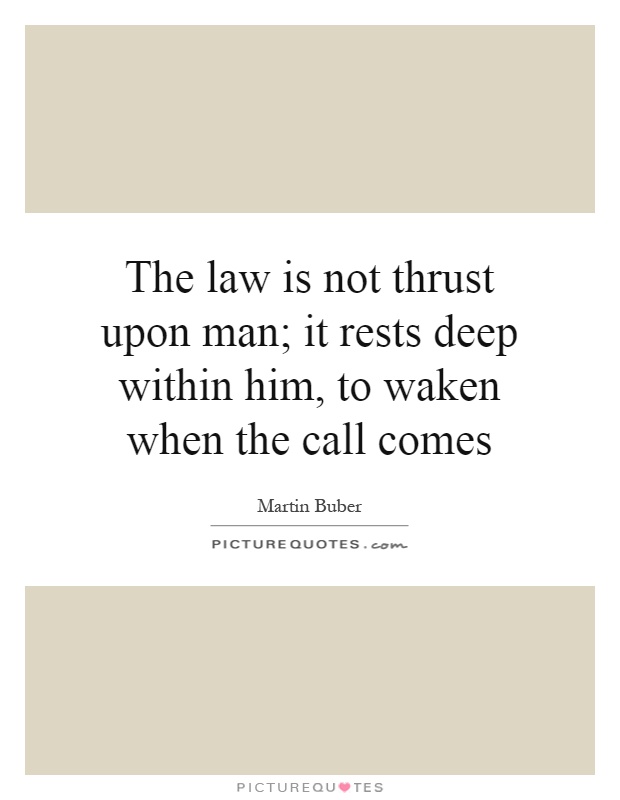
The law is not thrust upon man; it rests deep within him, to waken when the call comes
Martin Buber, a prominent Jewish philosopher and theologian, believed in the inherent moral compass that exists within each individual. He argued that the law is not something external that is imposed upon us, but rather something that is already present within us, waiting to be awakened when the time is right.Buber's philosophy is deeply rooted in the idea of the I-Thou relationship, which emphasizes the importance of genuine human connection and mutual respect. In this context, the law that he speaks of is not just a set of rules or regulations, but a deeper sense of morality and ethical responsibility that guides our interactions with others.
According to Buber, this internal law is a reflection of our innate capacity for empathy, compassion, and understanding. It is what allows us to recognize the humanity in others and treat them with dignity and respect. When we are able to tap into this inner sense of justice and righteousness, we are better equipped to navigate the complexities of human relationships and make ethical decisions.
Buber's belief in the internal nature of the law also speaks to the idea of personal responsibility. He argued that each individual has a duty to cultivate their own moral consciousness and act in accordance with their values and beliefs. This requires a willingness to engage in self-reflection and introspection, as well as a commitment to living authentically and ethically.
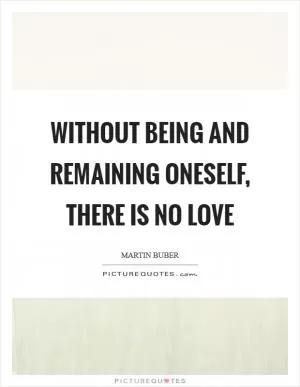


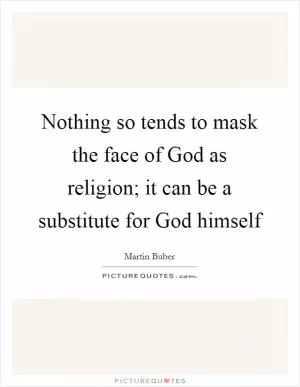

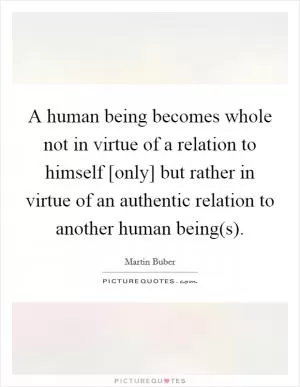




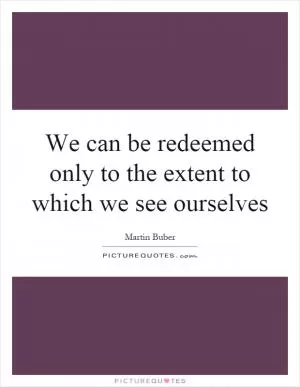

 Friendship Quotes
Friendship Quotes Love Quotes
Love Quotes Life Quotes
Life Quotes Funny Quotes
Funny Quotes Motivational Quotes
Motivational Quotes Inspirational Quotes
Inspirational Quotes